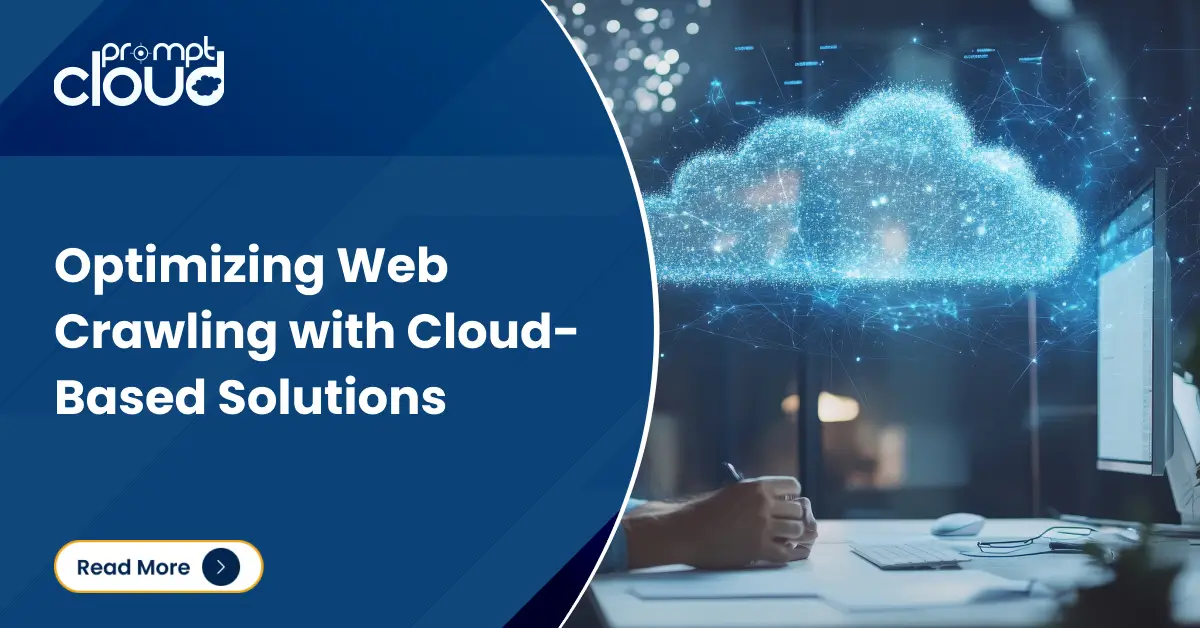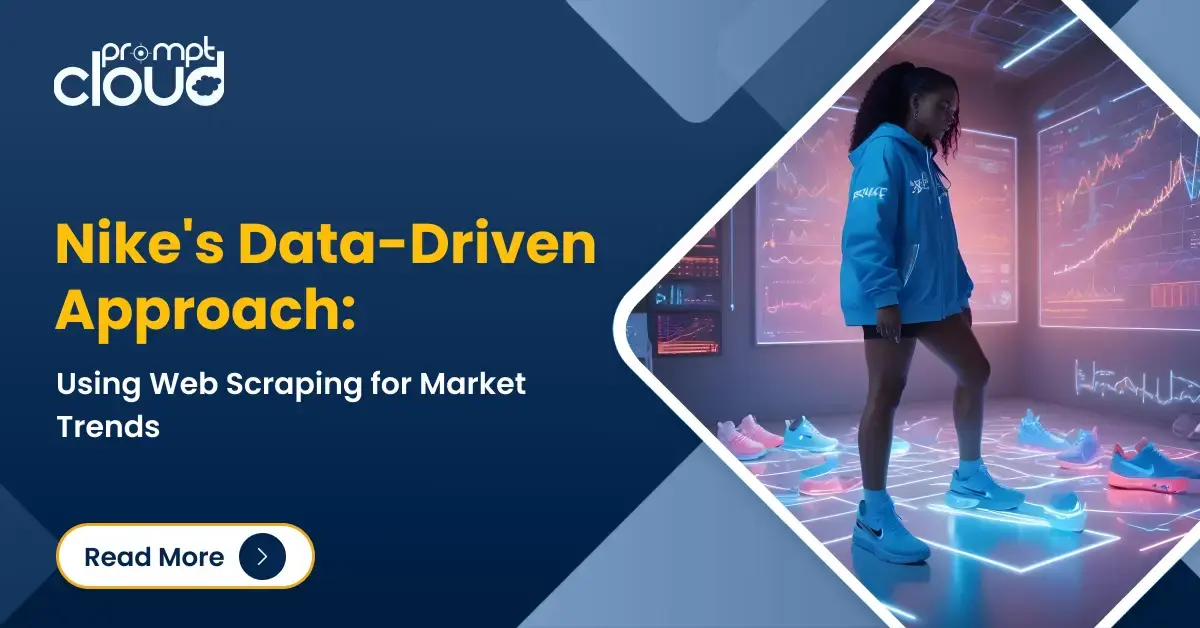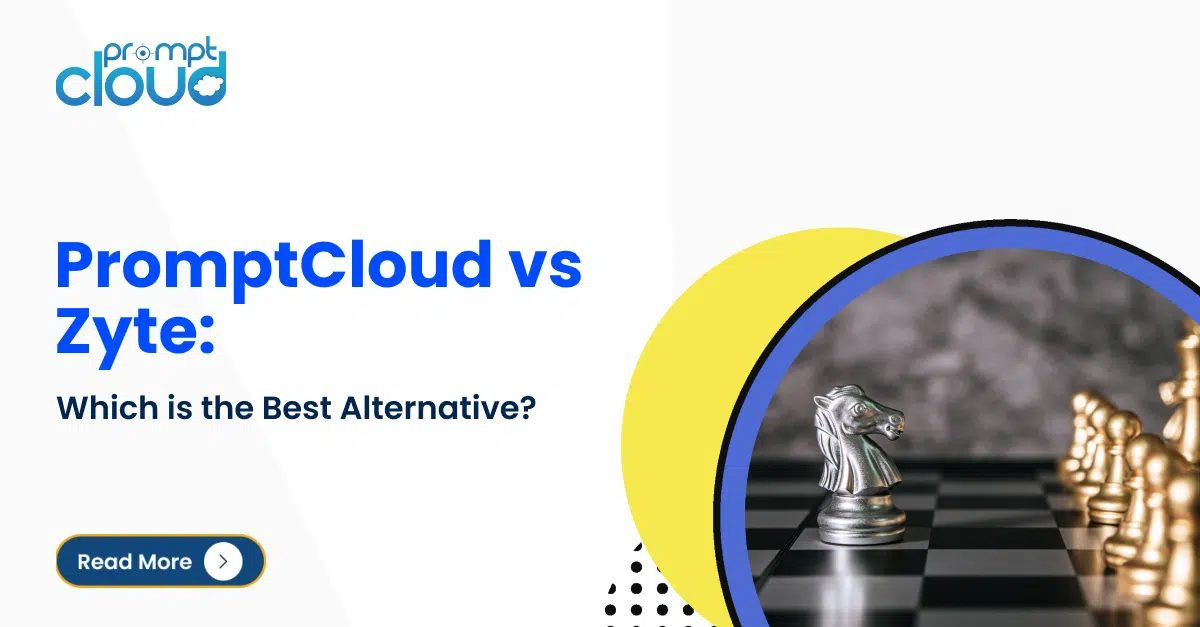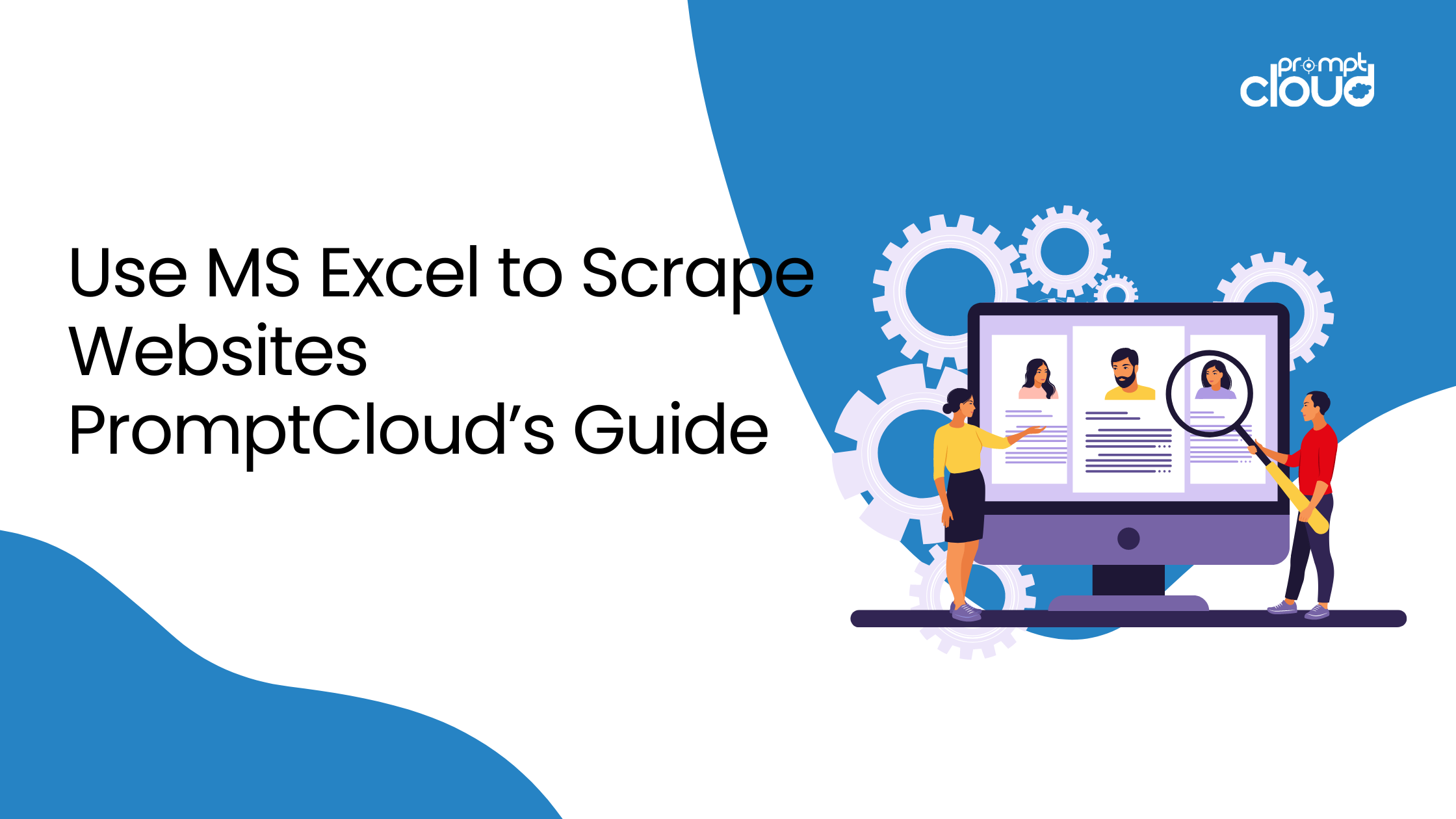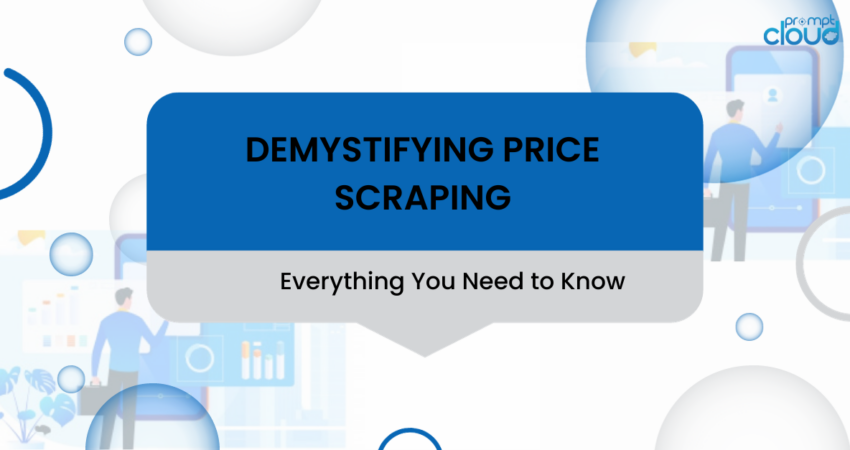
In today’s highly competitive business landscape, gathering valuable market data is crucial for making informed decisions. One popular method for obtaining pricing information from competitors is price scraping. However, it often resides in a realm of ambiguity, straddling the line between legal and ethical considerations.
In this article, we will delve into the realm of price scraping, covering its definition, legal considerations, methodologies employed, recommended ethical guidelines, and practical instances of its application.
What is Price Scraping
Price scraping refers to the automated extraction of pricing and other relevant data from websites. It involves using specialized software or tools to collect information such as product prices, availability, and other data points.
It has become increasingly popular among businesses across various industries, especially e-commerce, finance, and travel industries, as it provides valuable insights into the market landscape and helps companies develop competitive pricing strategies.
The Legality of It
The legality of price scraping can vary depending on the jurisdiction and the specific methods used. While scraping publicly available information generally falls under the realm of fair use, there are certain boundaries businesses must respect.
It is essential to ensure compliance with data protection laws, terms of service, and any website-specific scraping restrictions. Violating these rules can lead to legal consequences, including legal action from the scraped party.
Common Techniques Used
There are various techniques employed in price scraping, ranging from simple to more advanced methods. Here are some common techniques used by businesses engaged in it:
- HTML Parsing: This involves extracting pricing information from the underlying HTML code of a website. Specific elements containing pricing details are identified, and the data is extracted programmatically.
- API Integration: Some websites offer Application Programming Interfaces (APIs) that allow authorized users to access pricing data in a structured and controlled manner. This method is more reliable and avoids potential legal issues associated with scraping.
- Headless Browsing: With headless browsers, scraping tools can simulate user interactions with a website, navigating through pages and extracting pricing information. This technique is often used when websites employ anti-scraping measures.
- Proxy Rotation: To avoid IP-based blocking and detection, businesses may utilize proxy networks. By rotating IP addresses, they can mask their scraping activities and gather data more effectively.
Best Practices for Responsible Price Scraping

While price scraping can yield valuable insights, it is crucial to engage in responsible and ethical practices.
- Respect Website Terms of Service: Always consult the website’s terms of service or robots.txt file to understand any restrictions on scraping activities. Follow these guidelines to steer clear of legal consequences.
- Avoid Impersonation: Do not impersonate a user or bypass any security measures put in place by the website. Engaging in such activities can be unlawful and unethical.
- Limit Frequency: Scraping activities should be performed at reasonable intervals. Frequent scraping can put a strain on the website’s servers and result in the scraping process being detected and blocked.
- Monitor Changes: Websites may frequently update their layouts or add security measures to deter scraping. Regularly monitor these changes and adapt your scraping techniques accordingly to ensure ongoing data collection.
Use Cases of Price Scraping
Price scraping has numerous applications across different industries:
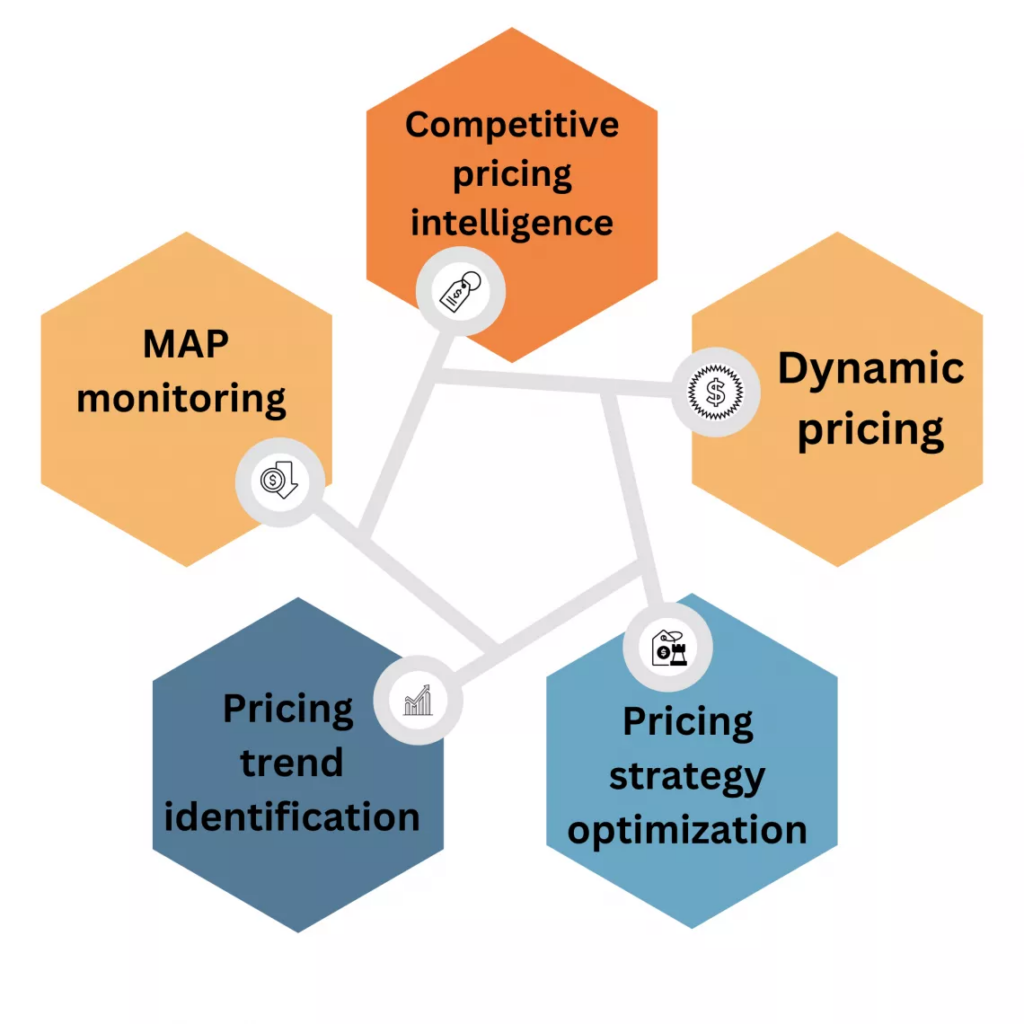
Image Source: https://hasdata.com/
- Competitive Pricing Analysis: Businesses can gather data on competitors’ prices to develop effective pricing strategies and stay competitive in the market.
E-commerce businesses use price scraping to keep a close watch on their competitors’ prices. This helps them tweak their own pricing strategies in real-time to stay attractive to shoppers.
- Market Research: Price scraping provides valuable insights into market trends, allowing businesses to identify demand patterns, monitor competitors’ offerings, and make data-driven decisions.
Investors and finance experts rely on price scraping for the latest stock prices, currency exchange rates, and commodity values. This information guides them in making savvy investment decisions, ensuring they get the most out of their investments while minimizing risks.
- Dynamic Pricing: Online sellers can employ price scraping to track the changing prices of their products and make immediate adjustments to enhance their profit margins.
Retailers, whether online or brick-and-mortar, turn to scraping to monitor not only their own product prices but also those of their competitors. This allows them to adapt prices dynamically to meet market demands and enhance their profitability.
- Price Comparison Websites: Price scraping is commonly used by price comparison websites to gather and display current pricing information from various sources, providing consumers with a convenient platform to compare prices.
Travel agencies and booking websites utilize price scraping to simplify your travel planning experience. By comparing prices for flights, hotels, and more, you can easily find the best deals and book your trips hassle-free.
Conclusion
Price scraping plays a significant role in gathering competitive intelligence and market insights. However, it is crucial for businesses to understand and abide by the legal and ethical boundaries associated with this practice.
Following best practices and employing responsible scraping techniques, companies can harness the power of price scraping to make informed strategic decisions and stay ahead in the competitive marketplace.











